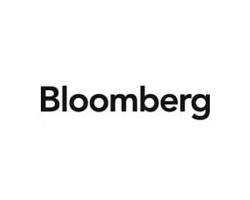China Coal Imports Hold Near Four-Year High as Demand Resilient

By Qilai Shen
September 10, 2018 - Coal imports by China held near the highest level in four years, underscoring buoyant demand in the world’s largest user even as lower domestic prices and a weaker currency hurt the appeal of overseas supplies.
While slumping domestic coal prices and the currency’s longest run of monthly declines since 1994 would have made overseas cargoes more expensive, the strong imports suggest that concern over faltering demand in the summer months might have been overblown. Daily thermal coal use by China’s major power generators averaged 769,000 tons in July to August, typically a peak demand season, slightly above the levels last year, according to Bloomberg.
“Coal demand in China remained robust last month at the height of summer,” Zeng Hao, an analyst at Shanxi Fenwei Energy Information Services Co., said before the data.
Demand for imports could see some support from government inspections of coal mines, which would crimp domestic output. China embarked on a month-long inspection of local coal mines on Aug. 20, a move that’s already helped futures on the Zhengzhou Commodity Exchange rebound from a low of 573.4 yuan a ton early August to 629.4 yuan as of Friday.
Natural Gas
Natural gas imports rose last month amid the country’s drive toward using more of the cleaner-burning fuel. Shipments including overland and seaborne supplies were 7.77 million tons compared with 7.38 million tons in July and 5.66 million a year earlier, customs data showed. Imports during the first eight months were 34.8 percent higher at 57.18 million tons.
China’s liquefied natural gas imports may be drawn into the brewing trade war with US, the Chinese government last month added US shipments to a list of goods that could be hit with a 25 percent duty in retaliation to America’s tariffs on $200 billion of Chinese goods. President Donald Trump said Friday those tariffs could happen ‘very soon’, and is planning additional levies on another $267 billion of products.

